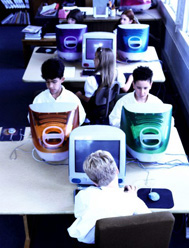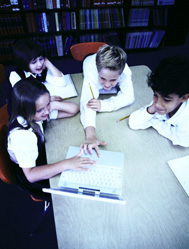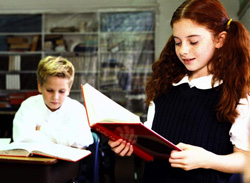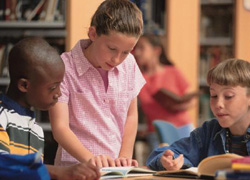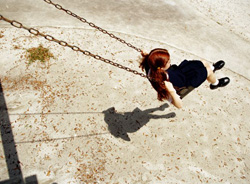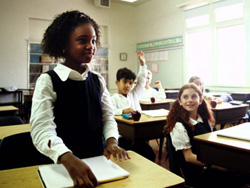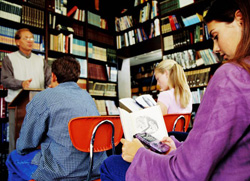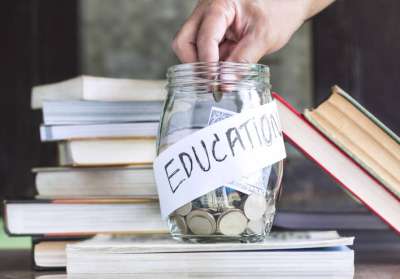Field trips are not only an invaluable way for students to learn outside the normal framework of academia, they're also fun! However, the cost of these trips can be prohibitive, especially with dwindling Federal and state budgets. Try our ideas for a free "field trip": from virtual visits to faraway places, to a stroll through your school cafeteria, we have plenty of ideas to keep your students engaged in learning. New teachers and those in less-funded districts will find this resource particularly valuable.
TYPE:
Teaching Strategies:


